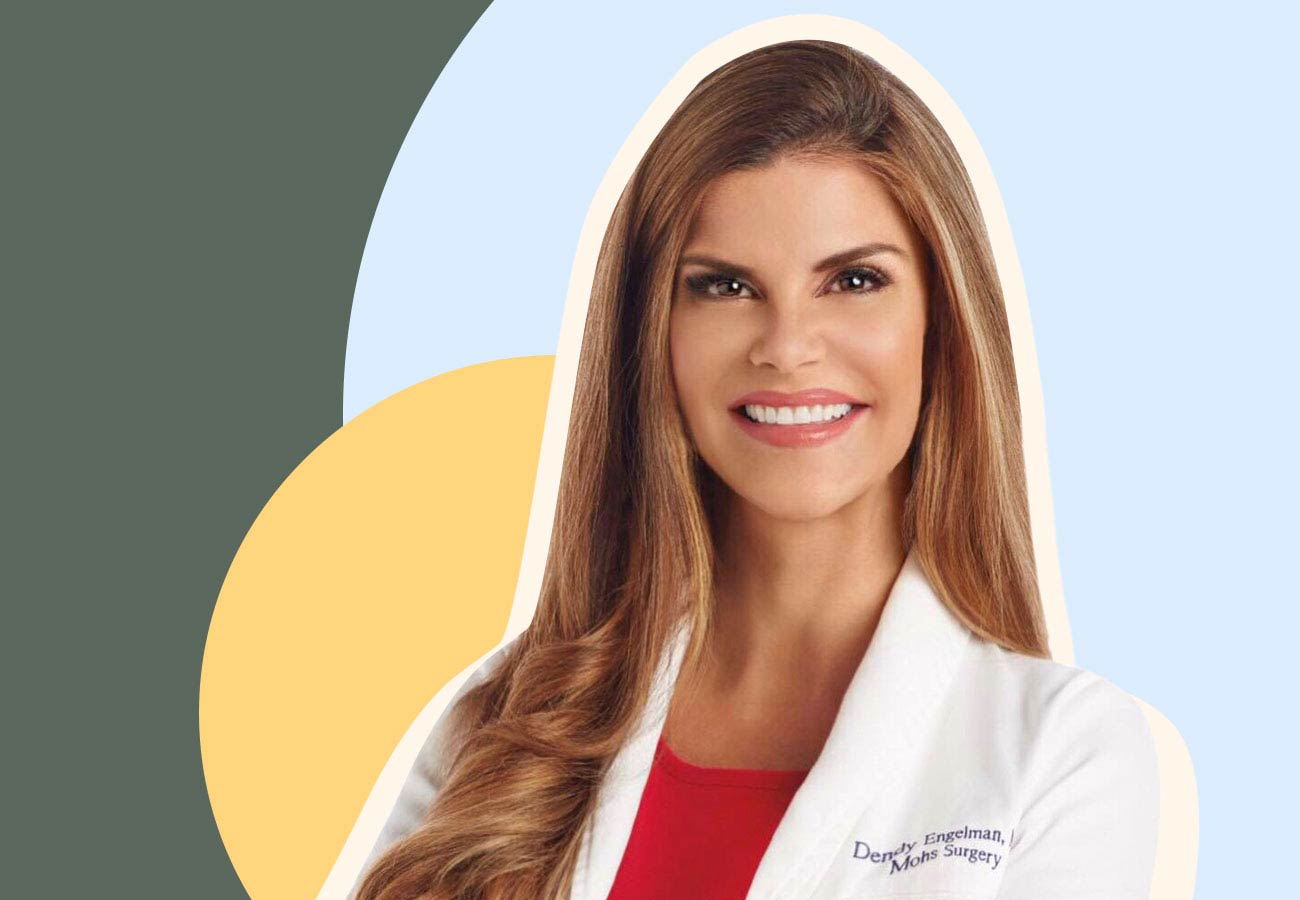If you've ever wondered, "Can I make a claim for my dentist?" you're not alone. Many people have experienced issues with their dental treatment and are unsure if they have any recourse. In this article, we'll explore the topic of making a claim for dental treatment and provide you with the information you need to know.
Dealing with dental issues can be a pain, both physically and emotionally. Whether it's a botched procedure, a misdiagnosis, or an injury caused by your dentist, these experiences can be incredibly frustrating. It's important to understand that you have rights as a patient and options for seeking compensation if you've been harmed or received substandard care.
The short answer is yes, you can make a claim for your dentist. If you believe you've suffered harm or experienced negligence during your dental treatment, you have the right to seek compensation. This can include reimbursement for medical expenses, pain and suffering, and any other damages you may have incurred as a result of the dental treatment.
Personal Experience
I recently had a dental procedure that didn't go as planned. Not only did it leave me in excruciating pain, but it also resulted in further complications and additional treatments. I was frustrated and felt like I had no options. However, after speaking with a legal professional, I learned that I could make a claim against my dentist for the pain, suffering, and additional expenses I had to endure.
Making a claim for your dentist involves several steps. First, you'll need to gather evidence to support your case. This can include medical records, photographs, witness statements, and any other documentation that can help prove your claim. Next, you'll need to consult with a dental malpractice attorney who can guide you through the legal process and advocate for your rights. They will help you file a complaint, negotiate a settlement, or represent you in court if necessary.
What is Can I Make Claim for My Dentist?
Can I make a claim for my dentist refers to the process of seeking compensation for harm or negligence experienced during dental treatment. This can include mistakes made during procedures, misdiagnoses, injuries caused by dental tools or equipment, and other instances of substandard care. Making a claim can help you recover damages and hold your dentist accountable for their actions.
History and Myth of Can I Make Claim for My Dentist
Historically, making a claim against a dentist was seen as a difficult and complex process. Many people believed that it was nearly impossible to successfully sue a dentist for malpractice. However, in recent years, there has been a shift towards holding healthcare professionals accountable for their actions. This includes dentists, who can now be sued for negligence or substandard care.
One common myth surrounding making a claim for your dentist is that it will ruin your relationship with them. While it's true that pursuing legal action against your dentist can strain the doctor-patient relationship, it's important to prioritize your own health and well-being. If you've been harmed or received substandard care, it's your right to seek compensation and hold your dentist accountable.
Hidden Secret of Can I Make Claim for My Dentist
The hidden secret of making a claim for your dentist is that you don't have to navigate the process alone. Hiring a dental malpractice attorney can greatly increase your chances of success and ensure that your rights are protected. These attorneys specialize in dental malpractice cases and have the experience and knowledge to guide you through the legal process.
Recommendation of Can I Make Claim for My Dentist
If you believe you have a valid claim against your dentist, it's important to seek legal advice as soon as possible. A dental malpractice attorney can evaluate your case, help you gather evidence, and guide you through the legal process. They will fight for your rights and work to ensure that you receive the compensation you deserve.
Can I Make Claim for My Dentist in More Detail
Making a claim for your dentist involves proving that they acted negligently or provided substandard care. This can be done by gathering evidence such as medical records, photographs, witness statements, and expert opinions. It's important to consult with a dental malpractice attorney who can evaluate your case and advise you on the best course of action.
Tips of Can I Make Claim for My Dentist
Here are some tips to keep in mind if you're considering making a claim for your dentist:
- Document everything: Keep records of all your dental treatments, including dates, procedures, and any complications or issues you experienced.
- Seek legal advice: Consult with a dental malpractice attorney who can evaluate your case and guide you through the legal process.
- Act quickly: There are time limits for filing dental malpractice claims, so it's important to act promptly.
- Don't settle for less: Don't accept a settlement offer without consulting with an attorney first. They can help ensure that you receive fair compensation for your damages.
Conclusion of Can I Make Claim for My Dentist
Making a claim for your dentist is possible if you've been harmed or received substandard care. It's important to gather evidence, consult with a dental malpractice attorney, and take action to protect your rights. By doing so, you can seek compensation and hold your dentist accountable for their actions. Remember, you don't have to go through this process alone. Seek legal advice and support to ensure the best possible outcome for your case.

